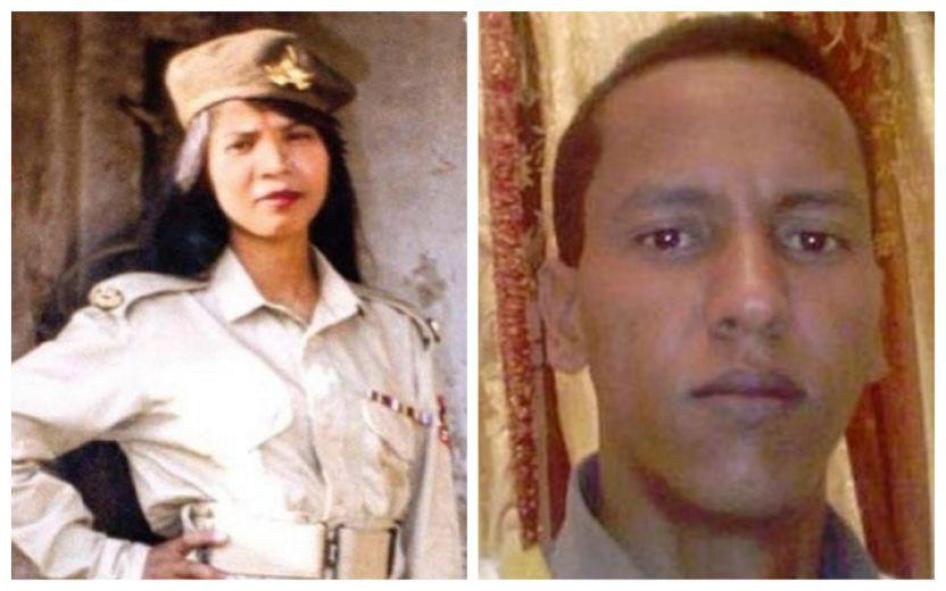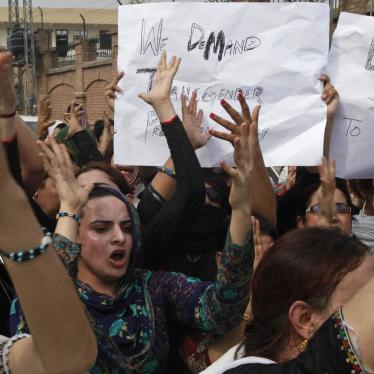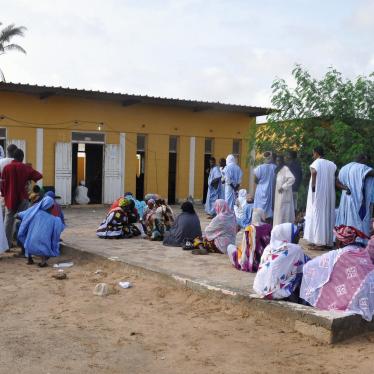Thanks to inhumane blasphemy laws, two former death row inmates living at distant ends of the Muslim world have much in common.
Aasia Bibi spent eight years on Pakistan’s death row after a court sentenced her to death for “blasphemy.” A Christian, Bibi allegedly disparaged Islam after her neighbors objected to her drinking from their glass because she was not Muslim.
On January 29, Pakistan’s Supreme Court upheld its October 31 ruling that quashed her conviction, finally clearing the way for her to seek safety, and asylum, abroad.
Pakistani authorities should now let Bibi travel. She should not have to endure, as Mauritanian blogger Mohammed Cheikh Ould Mkhaitir has, a long wait to regain freedom after winning in court.
Mkhaitir should have walked out of prison 15 months ago, when an appeals court converted his death penalty to a two-year prison term on the grounds he had repented his “blasphemy.” Mkhaitir, a Muslim, had at that point already spent three years on death row for criticizing Mauritanians who invoked practices of the Prophet Muhammad to justify discrimination against certain groups today.
Some Islamist parties in both Pakistan and Mauritania demanded the execution of Bibi and Mkhaitir. In Pakistan, extremists murdered a provincial governor and government minister who had called for Bibi’s release. The leader of the Islamist Tehreek-i-Labaik party warned “there will be war” if she is allowed to go abroad. Mkhaitir’s lawyers have reported threats.
Since the Supreme Court overturned Bibi’s conviction in October, authorities have confined her to a “safe house.” Many others have been jailed on accusations of violating Pakistan’s blasphemy law, including Junaid Hafeez, a university professor, who remains in prison since March 2013 for a Facebook post.
After the Mauritanian appeals court commuted Mkhaitir’s sentence, he was transferred into secret detention, where he has been held ever since, without legal basis.
Mauritanian and Pakistani authorities doubtlessly fear a violent backlash if they press to reform blasphemy laws, or allow Mkhaitir or Bibi to go abroad. Yet these cases make clear keeping such legislation on the books also courts violence – not only the violence of capital punishment, but also mob violence fanned by political leaders.
The Quran does not command punishment for blasphemy. Leaders of both Mauritania and Pakistan should show leadership and uphold basic rights: free Bibi and Mkhaitir and begin dialing down the blasphemy laws.










